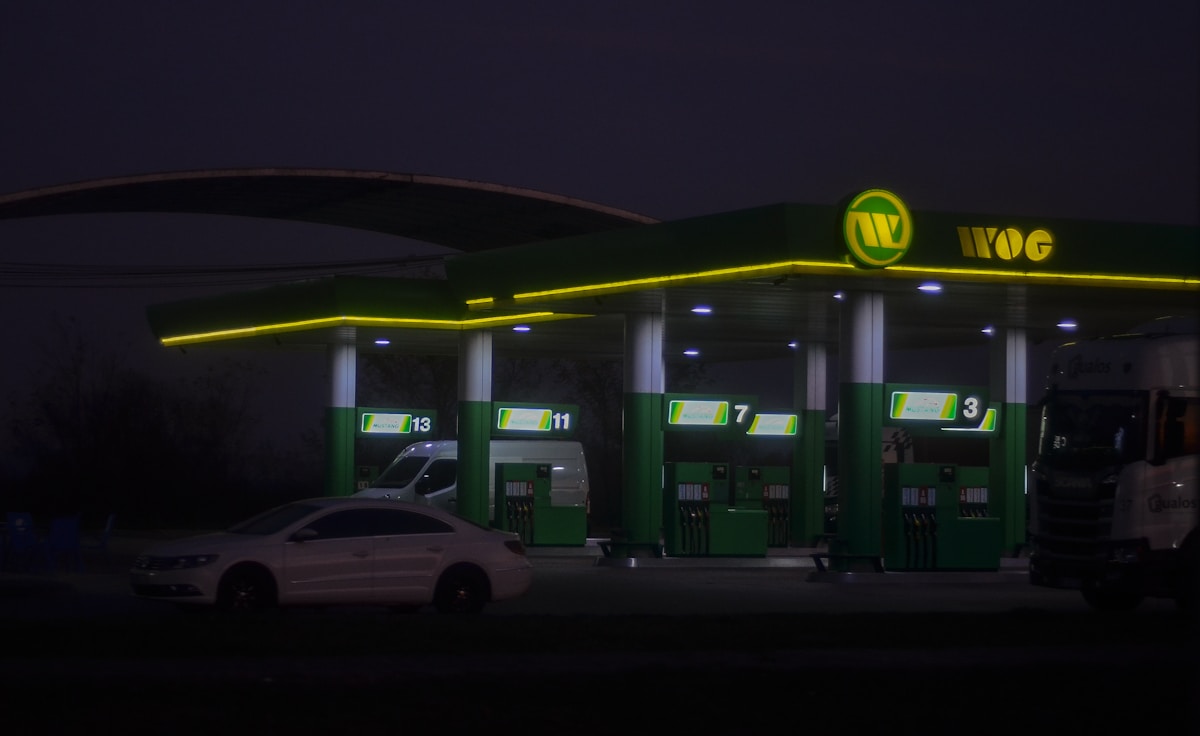Back to Industry News
General
HVO100 Emerges as Diesel Alternative Amid Electrification Delays
Summary generated with AI, editor-reviewed
Heartspace News Desk
•Source: Dagens industri

Photo by Viktor Talashuk on Unsplash
Stay updated on stories like this
Key takeaways
- As the electrification of the transport sector encounters delays, HVO100 is emerging as a promising alternative for businesses seeking to decrease their fossil carbon dioxide emissions
- The transition to a low-carbon future for transportation is a significant challenge, given that this sector is a major contributor to greenhouse gas emissions while remaining crucial for societal function
- Daniel Granquist, a business developer for HVO100 at Preem, notes that public awareness of such alternative fuels is currently low
As the electrification of the transport sector encounters delays, HVO100 is emerging as a promising alternative for businesses seeking to decrease their fossil carbon dioxide emissions. The transition to a low-carbon future for transportation is a significant challenge, given that this sector is a major contributor to greenhouse gas emissions while remaining crucial for societal function.
Daniel Granquist, a business developer for HVO100 at Preem, notes that public awareness of such alternative fuels is currently low. Preem, the first company to produce HVO100 in Sweden, offers its Preem Redefine HVO100 product. This product serves as a direct substitute for traditional diesel and is targeted towards companies managing large vehicle fleets.
Granquist highlights that HVO100 is safe for engines and compatible with most new and many older diesel vehicles. This compatibility stems from its fundamental molecular structure, which is similar to that of conventional diesel. Vehicles suitable for HVO100 are typically indicated by an 'XTL' symbol on the fuel cap, and drivers can switch between HVO100 and traditional diesel as needed.
The key distinction of HVO100, or Hydrogenated Vegetable Oils, lies in its production method. It is derived from renewable sources such as vegetable oils, animal fats, and waste materials from the pulp and paper industry. Preem’s Svanen-labelled (Nordic Swan Ecolabel) HVO100 guarantees it is free from palm oil and its derivatives. This commitment to sustainable sourcing is further reinforced by its production at Preem’s own facilities.
Related Topics
HVO100alternative fuelsdiesel alternativetransportation electrificationcarbon emissions reductionPreemrenewable energy
Never miss stories like this